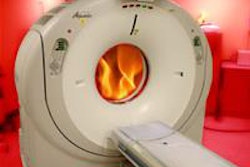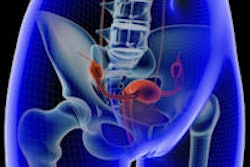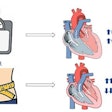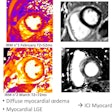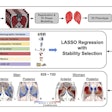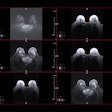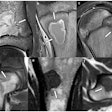Dear MRI Insider,
Experts agree that the interpretation of MRI findings after radiation therapy of head and neck cancers is rarely a simple task, and this probably explains why new research from Switzerland was so highly commended at last month's RSNA 2013 meeting in Chicago.
Diffusion-weighted MRI and PET/MRI can increase diagnostic confidence for the detection of recurrent tumors and help to avoid unnecessary biopsy, according to Dr. Arthur Varoquaux, from the department of radiology at Geneva University Hospital, and colleagues. They received a Magna Cum Laude award from the poster judges. Get the story here.
Replacing an MRI system can be fraught with difficulties, but Dr. Paul McCoubrie's latest column will provide much needed reassurance here, no doubt. Don't miss his practical hints on how to make the right purchasing decision. Click here to read more.
The U.K. Royal College of Radiologists has issued revised guidelines on the use of uterine artery embolization in the management of fibroids. One of its key recommendations is accurate pretreatment diagnosis with MRI. To find out more, click here.
Scientists in the U.K. are also leading a six-year research initiative called the Developing Human Connectome Project, which is using the latest developments in MRI to map brain connections in babies over the critical 20- to 44-week-old period. Click here to learn more.
Meanwhile, Japanese researchers have found a connection between gadolinium-based MRI contrast and abnormalities in two regions of the brain, which could represent a reaction to gadolinium's toxicity. Their study findings have been published in Radiology, and you can get the details here.
This letter features only a small selection of the many articles posted in the MRI Digital Community. You can check out the rest of them below this message.






